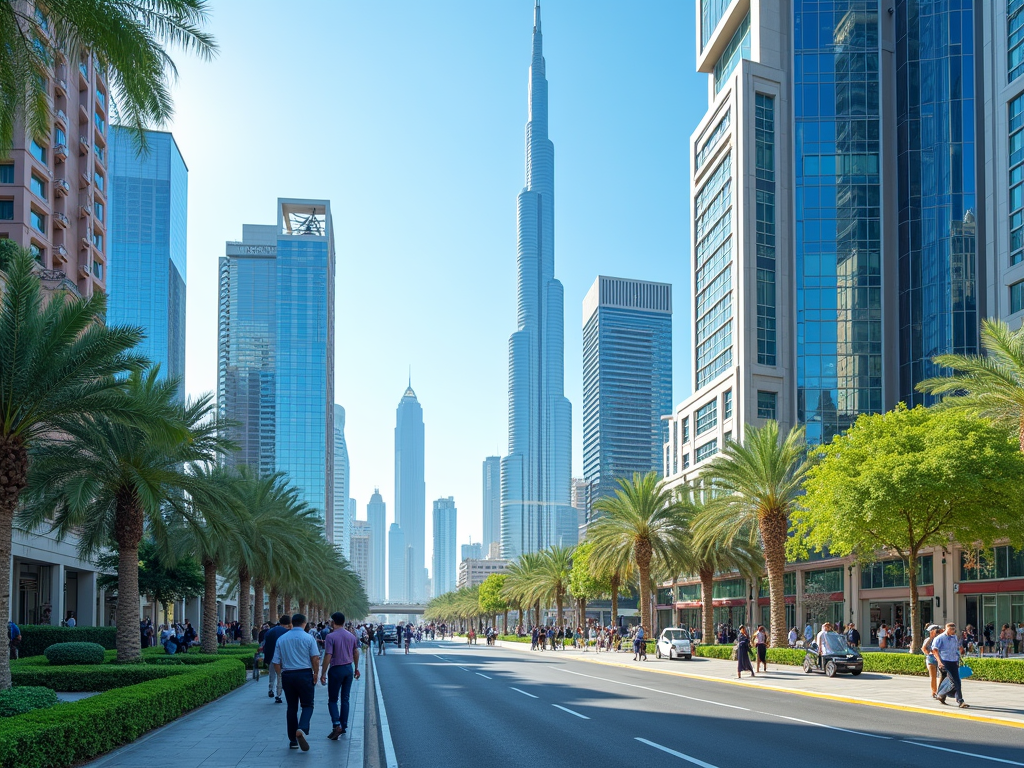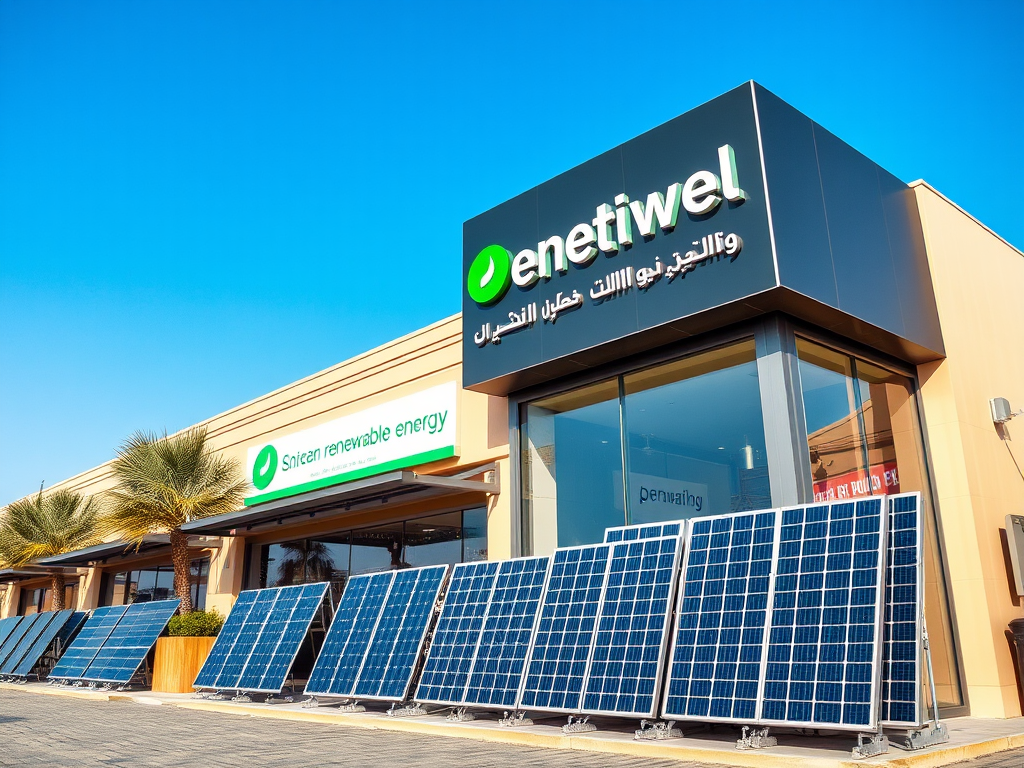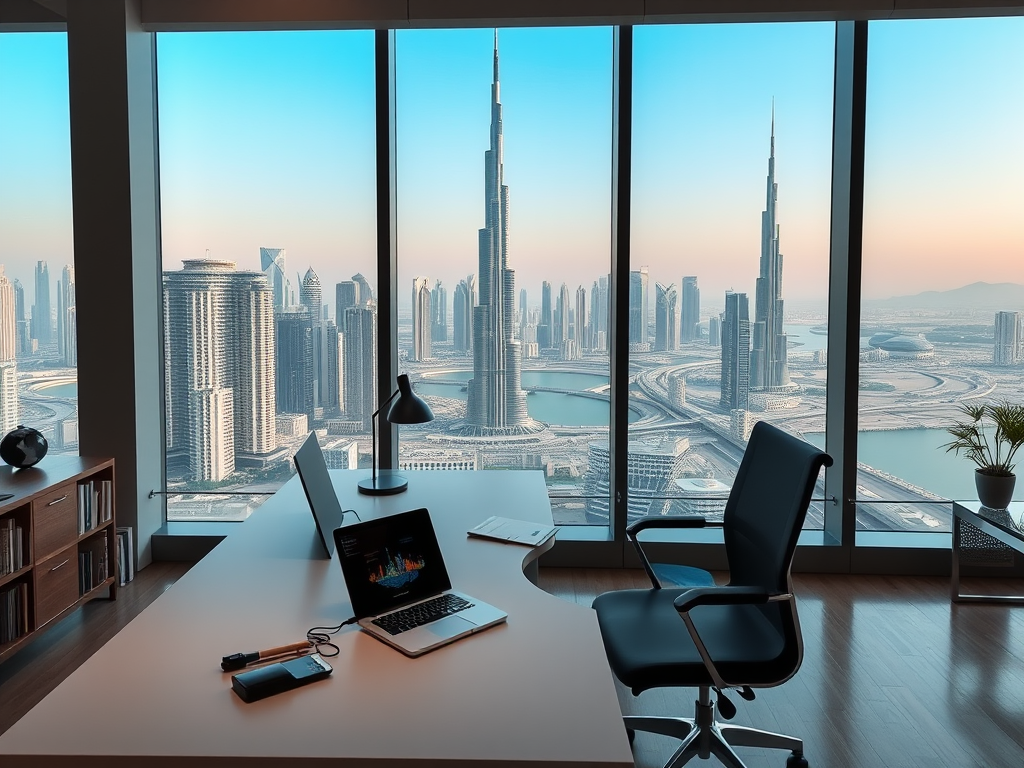
Dubai has emerged as a pivotal global financial hub, drawing international investors from various sectors. Its strategic location, business-friendly policies, and robust infrastructure have created a dynamic environment conducive to investment opportunities. This article explores the numerous factors that position Dubai as an attractive destination for global investors, encompassing its economic landscape, regulatory environment, and lifestyle offerings. In essence, Dubai’s unique blend of cultural diversity and modernity makes it an enticing option for individuals and corporations seeking to invest.
The Economic Landscape of Dubai

Dubai’s economy is remarkably diversified, significantly reducing its reliance on oil revenues. This shift has allowed the city to foster growth in sectors such as tourism, aviation, real estate, and technology. The government’s proactive measures to enhance economic conditions contribute to a stable investment climate. The following points outline key aspects of Dubai’s economic landscape that appeal to investors:
- Diversified Economy: While oil was once the cornerstone of its economy, Dubai has successfully diversified into various sectors, minimizing risks associated with price volatility.
- Strong GDP Growth: Consistent economic growth metrics, propelled by tourism and trade, highlight a robust fiscal environment.
- Strategic Location: Dubai serves as a gateway between the East and West, making it an ideal hub for international trade and commerce.
- Advanced Infrastructure: Cutting-edge transport and logistics facilities enhance connectivity, improving supply chain efficiency for international businesses.
- Innovation and Technology: Initiatives to boost sectors like fintech and smart technology create new avenues for investment.
Favorable Regulatory Environment

The regulatory framework in Dubai is designed to encourage foreign investment and improve the ease of doing business. By introducing policies that support transparency, property ownership, and taxation, Dubai has boosted its reputation among global investors. Key features of Dubai’s regulatory environment include:
- 100% Foreign Ownership: In select sectors, international investors can own their businesses entirely, enhancing confidence and attracting capital.
- Tax Benefits: The absence of personal income tax, low corporate taxes, and various incentives make it financially attractive for investors.
- Free Zones: More than 30 free zones offer unique advantages like simplified business structures and no currency restrictions.
- Robust Legal Framework: A strong legal system that safeguards investor rights and intellectual property ensures a fair investment landscape.
- Simplified Business Setup: Streamlined procedures for establishing a business significantly reduce the time and effort required to launch operations.
Lifestyle and Cultural Diversity
Beyond its economic and regulatory allure, Dubai offers a vibrant lifestyle and rich cultural experiences, making it a desirable location for expatriates. The city attracts a global workforce, contributing to its diverse demographic. Noteworthy aspects include:
- High Living Standards: World-class amenities in healthcare, education, and infrastructure cater to the needs of residents.
- Cultural Diversity: A melting pot of cultures fosters creativity and innovation, providing a unique environment for businesses.
- Exceptional Leisure Activities: From beautiful beaches to upscale shopping and dining experiences, the city offers residents and visitors a high-quality lifestyle.
- Safety and Stability: Consistently ranked as one of the safest cities globally, Dubai provides a secure environment for investors and their families.
- Community and Networking: Numerous chambers of commerce and business associations facilitate networking opportunities for entrepreneurs and investors.
Investment Opportunities in Key Sectors
Investors can explore various sectors ripe for investment in Dubai. The ongoing developments in infrastructure and technology, coupled with strategic economic initiatives, open up numerous opportunities including:
- Real Estate: The booming property market offers lucrative opportunities for residential and commercial investments.
- Tourism and Hospitality: With millions of annual visitors, investments in hotels, resorts, and entertainment facilities yield rewarding returns.
- Technology: The tech sector is surging, especially in areas like fintech, e-commerce, and AI.
- Aviation and Logistics: An expanding aviation market and sophisticated logistics infrastructure present significant investment opportunities.
- Sustainable Energy: Growing interest in renewable energy opens new doors for investors looking to make an impact.
Итог
Dubai’s appeal as a global investment destination stems from its blend of economic dynamism, favorable regulations, high quality of life, and diverse investment opportunities. The city’s strategic initiatives and commitment to sustainability ensure ongoing growth and development, making it a prime location for investors around the world. With its vibrant business landscape and contemporary lifestyle, Dubai continues to solidify its position as a leading global financial hub.
Часто задаваемые вопросы
1. What industries are most lucrative for investment in Dubai?
Real estate, tourism, technology, aviation, and sustainable energy are considered some of the most lucrative sectors for investment in Dubai.
2. Are there any restrictions on foreign ownership of businesses in Dubai?
In certain sectors, foreign investors can enjoy 100% ownership, especially within designated free zones.
3. What are the tax advantages of investing in Dubai?
Dubai offers no personal income tax, low corporate taxes, and various incentives, making it financially attractive for investors.
4. How safe is it to live and invest in Dubai?
Dubai is renowned for its safety and stability, consistently being ranked as one of the safest cities globally.
5. How can investors access support for starting a business in Dubai?
Investors can benefit from a multitude of resources, including business associations, chambers of commerce, and government agencies that facilitate the business setup process.


